Rochdale Road Gasworks (Remnants) Manchester 04/23
After hearing about this place I decided to go and have a look for myself, it was in my city and I was getting stir crazy. It took a fair amount of walking as I was fooled by the arches that didn't contain the entry point. But when I was about to give up it appeared like the Mr Ben Shopkeeper (Yes, I'm old!)
This is the remnants of the Rochdale Road Gasworks opened in 1824, Gas Lighting became popular to illuminate the dark, smoky streets and houses around the large mills and factories. So places like this were built to supply the big demand.
The main building but for a few parts is pretty much gone, but hidden under a former car park was this immense chamber. It was dark, wet and muddy. A couple of small circular holes had been drilled into the external wall but didn't let much daylight in. There were additional sections but I didn't want to wreck my already dirt covered clothes and they didn't look as interesting as the main one.
On with the pics!


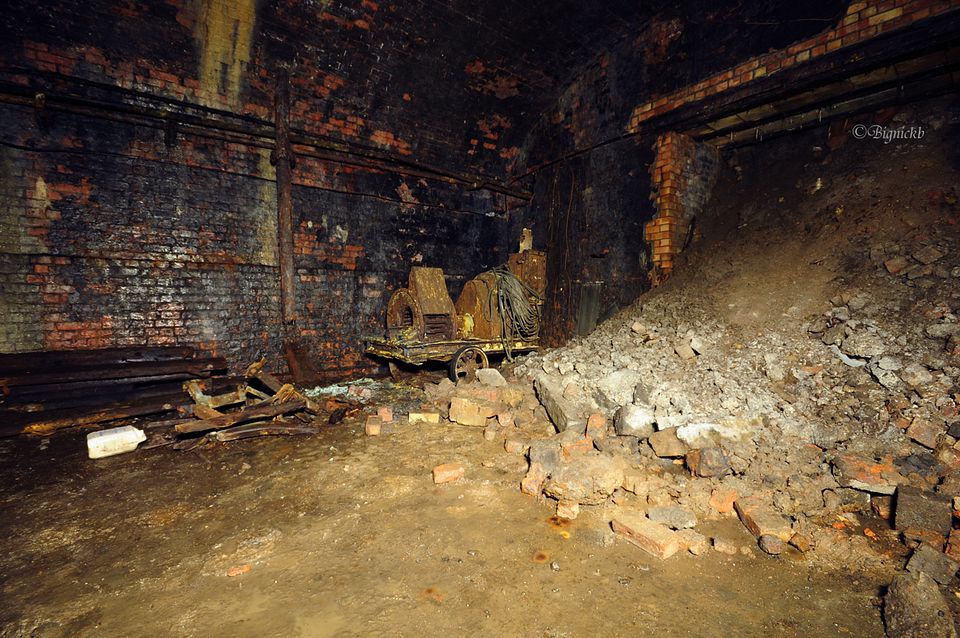
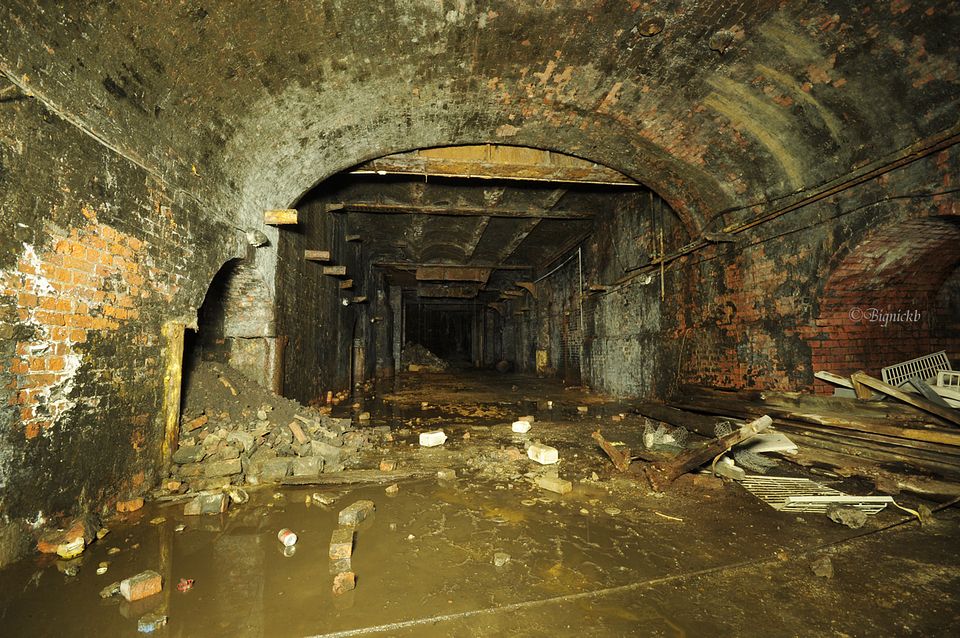
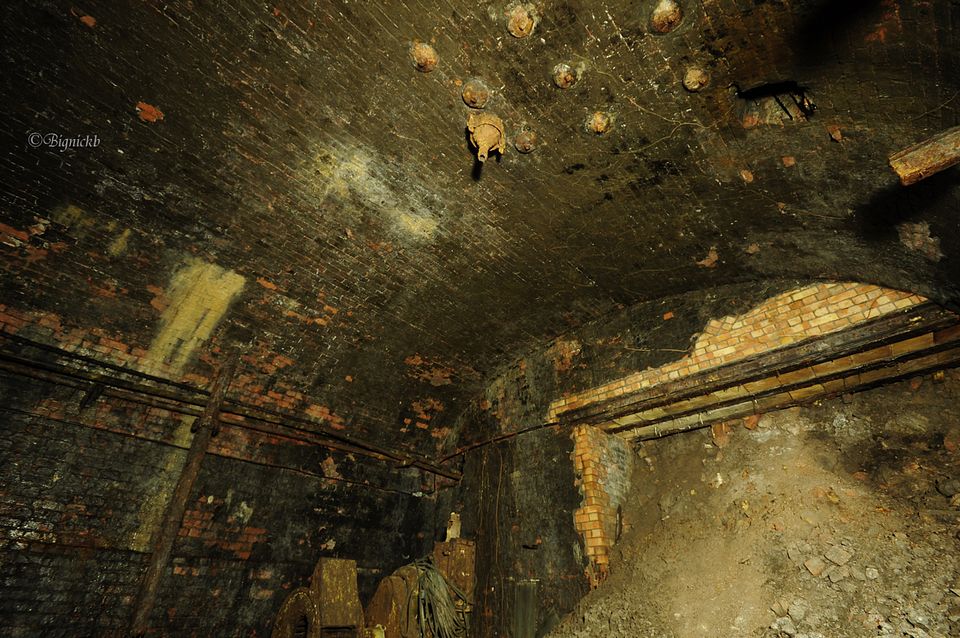

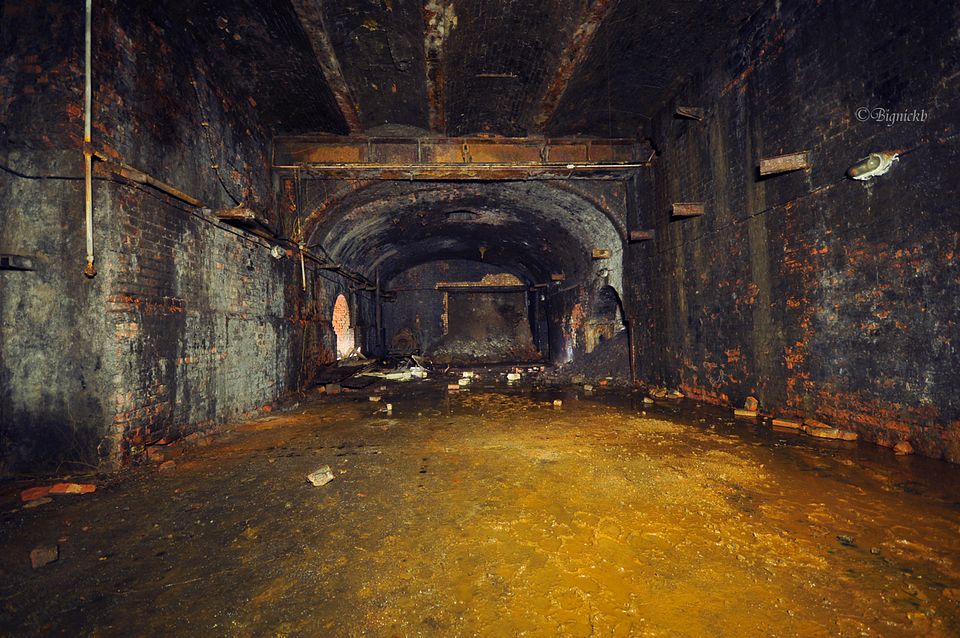
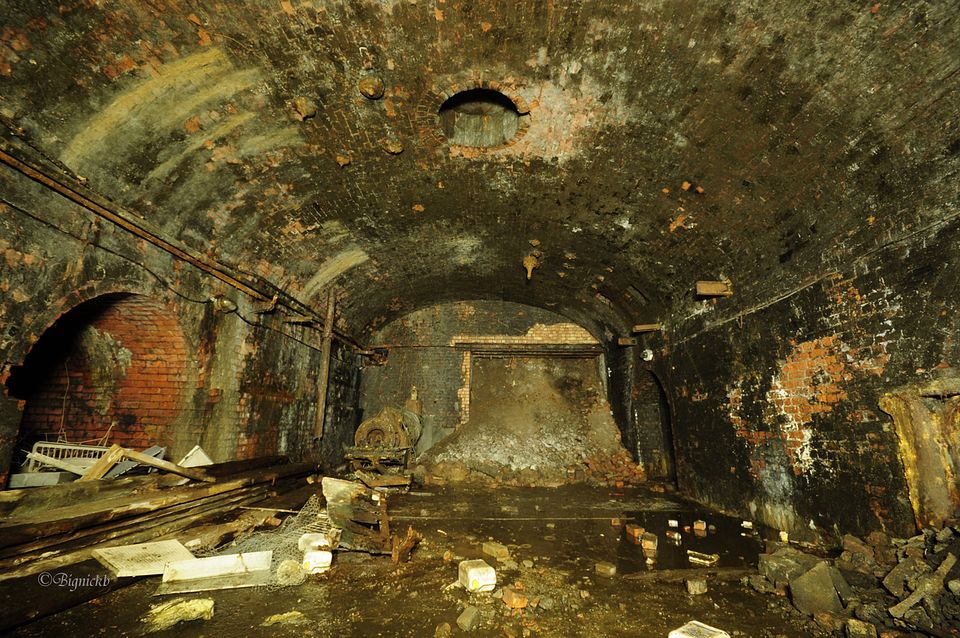
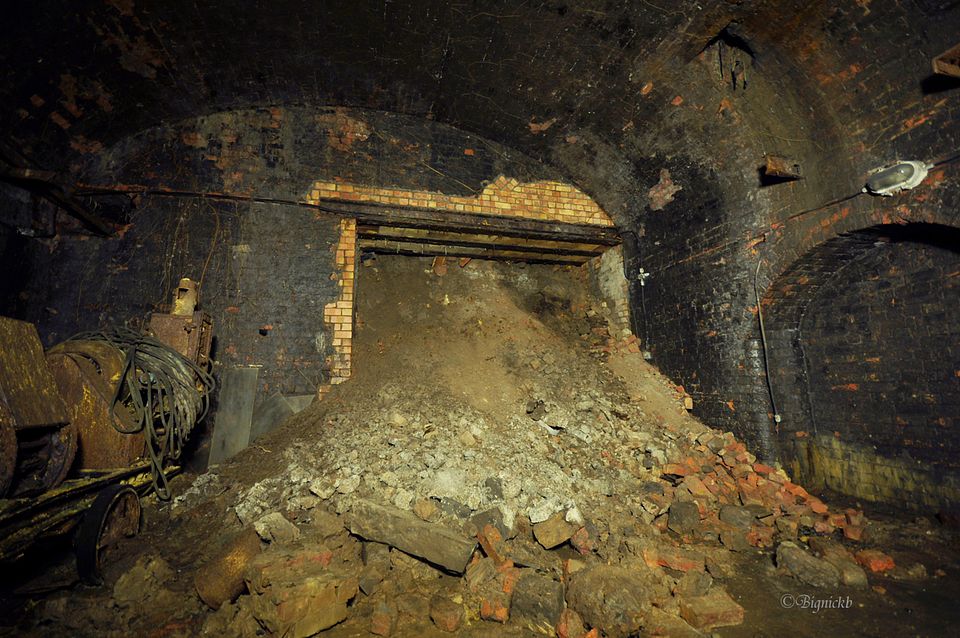
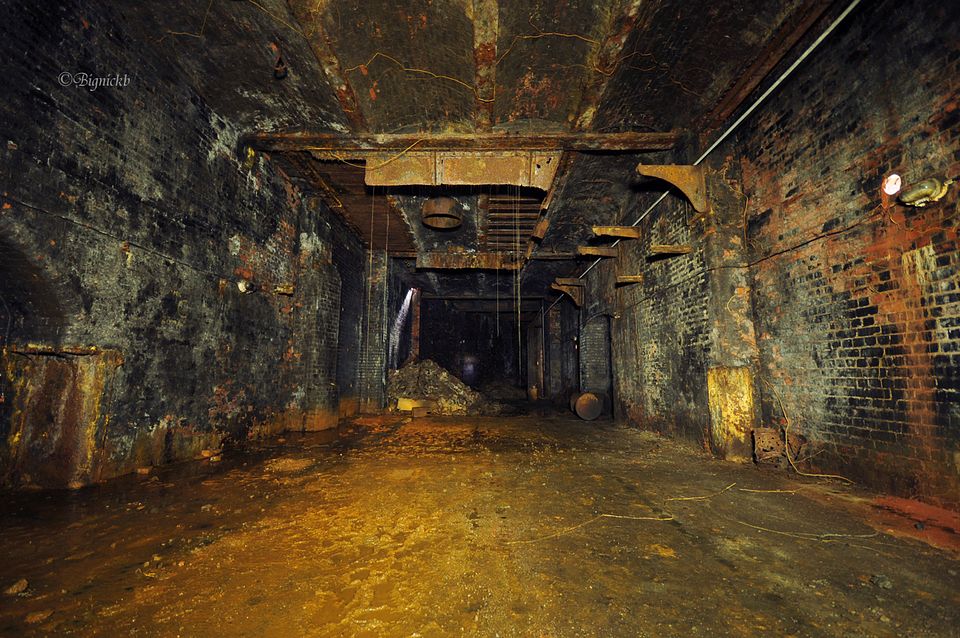
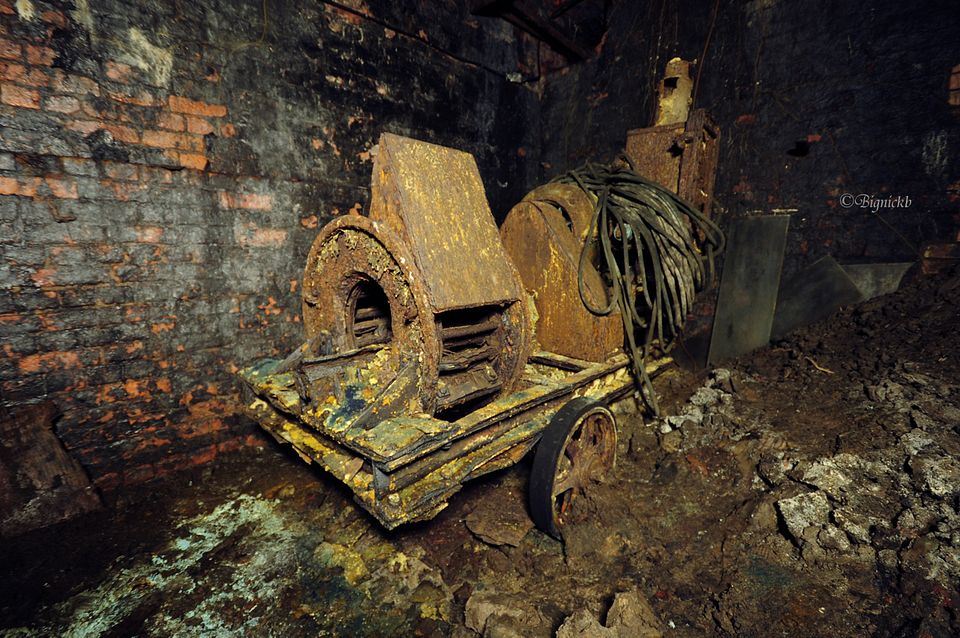
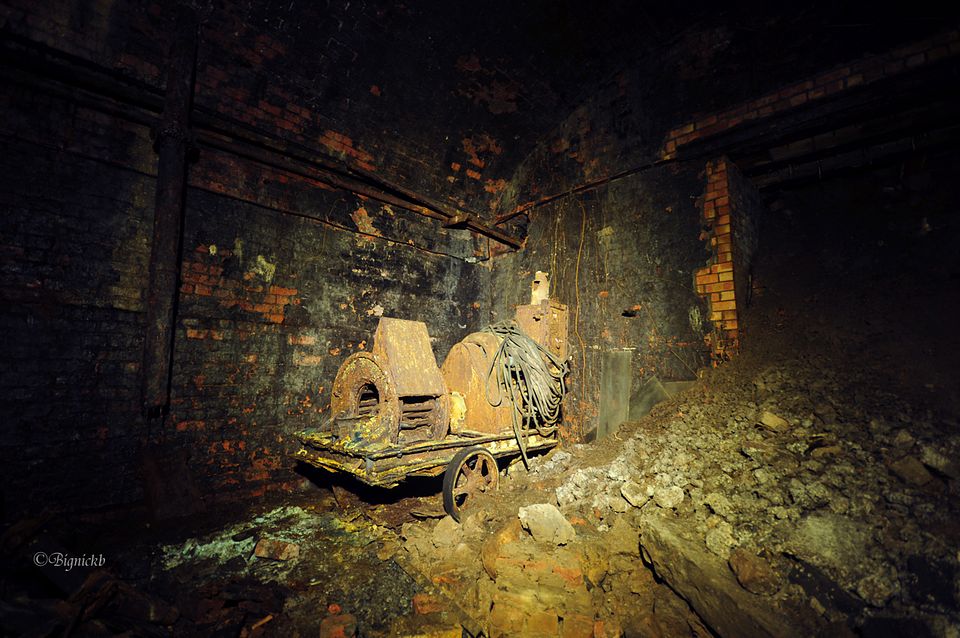
After hearing about this place I decided to go and have a look for myself, it was in my city and I was getting stir crazy. It took a fair amount of walking as I was fooled by the arches that didn't contain the entry point. But when I was about to give up it appeared like the Mr Ben Shopkeeper (Yes, I'm old!)
This is the remnants of the Rochdale Road Gasworks opened in 1824, Gas Lighting became popular to illuminate the dark, smoky streets and houses around the large mills and factories. So places like this were built to supply the big demand.
The main building but for a few parts is pretty much gone, but hidden under a former car park was this immense chamber. It was dark, wet and muddy. A couple of small circular holes had been drilled into the external wall but didn't let much daylight in. There were additional sections but I didn't want to wreck my already dirt covered clothes and they didn't look as interesting as the main one.
On with the pics!















